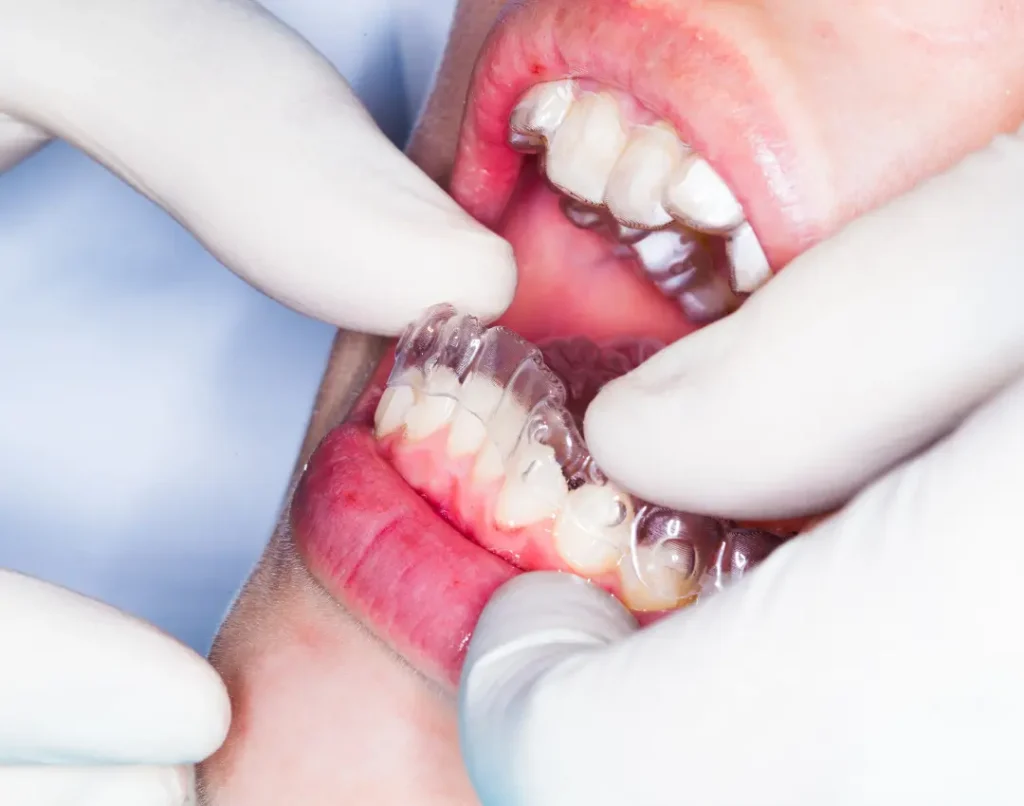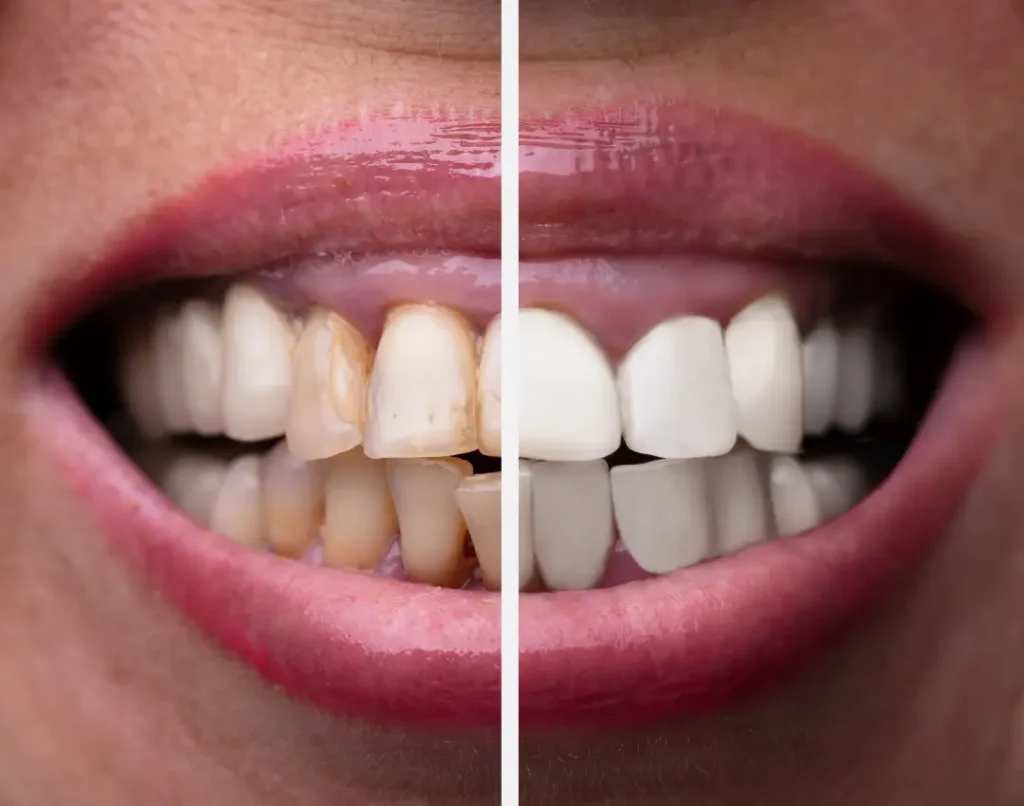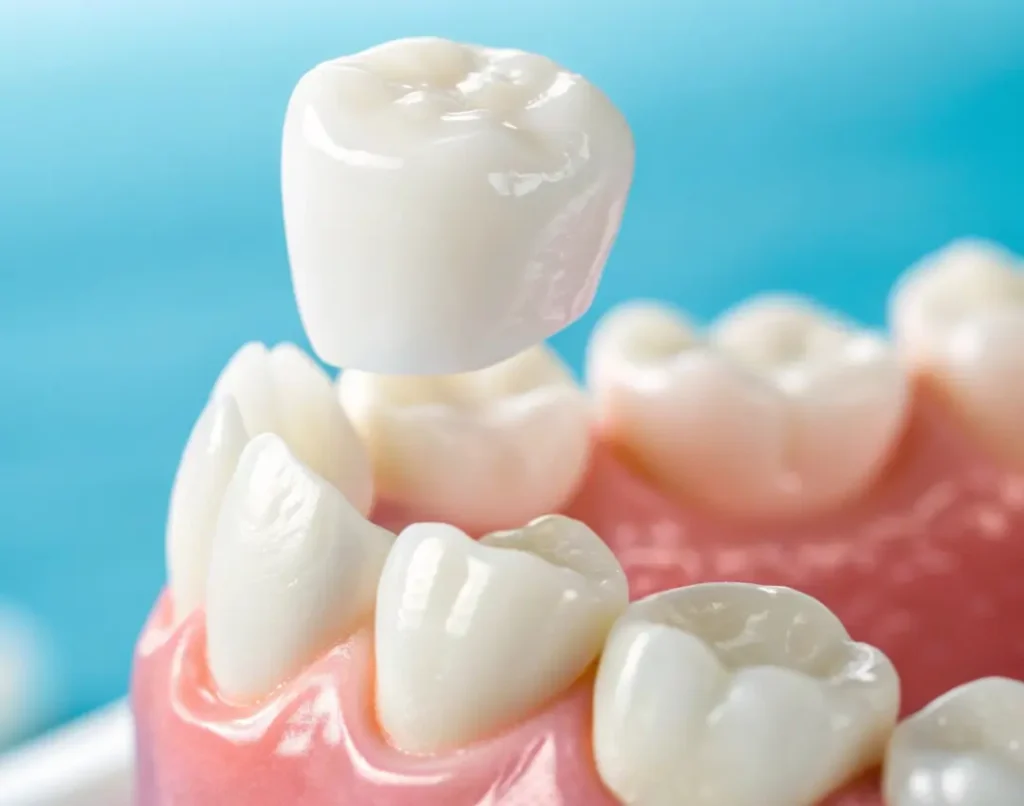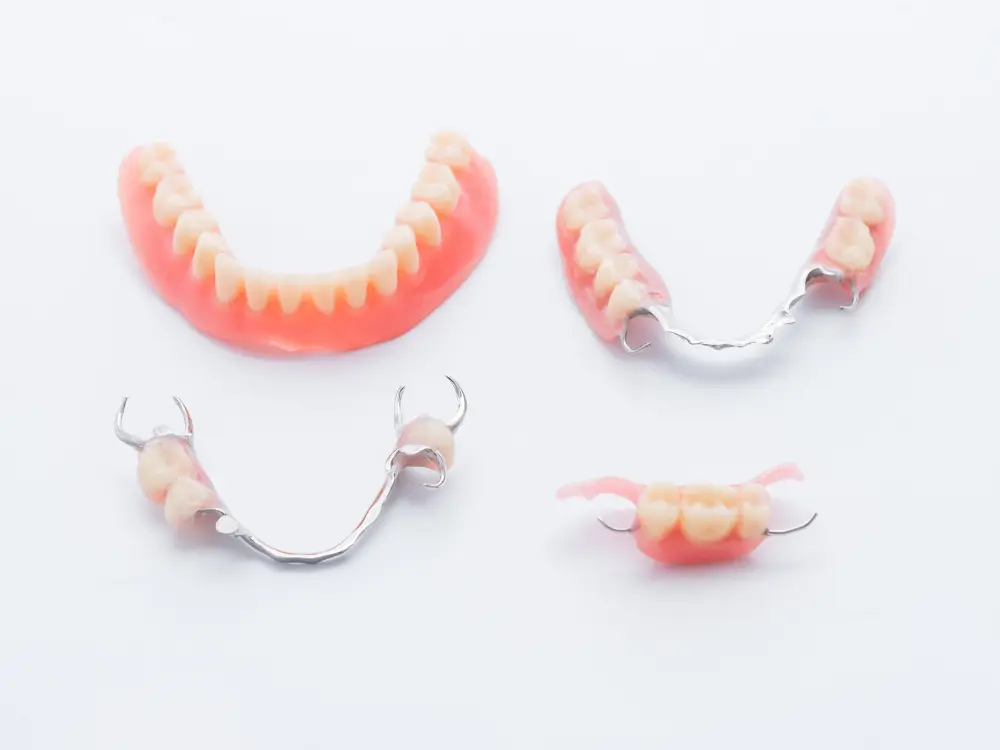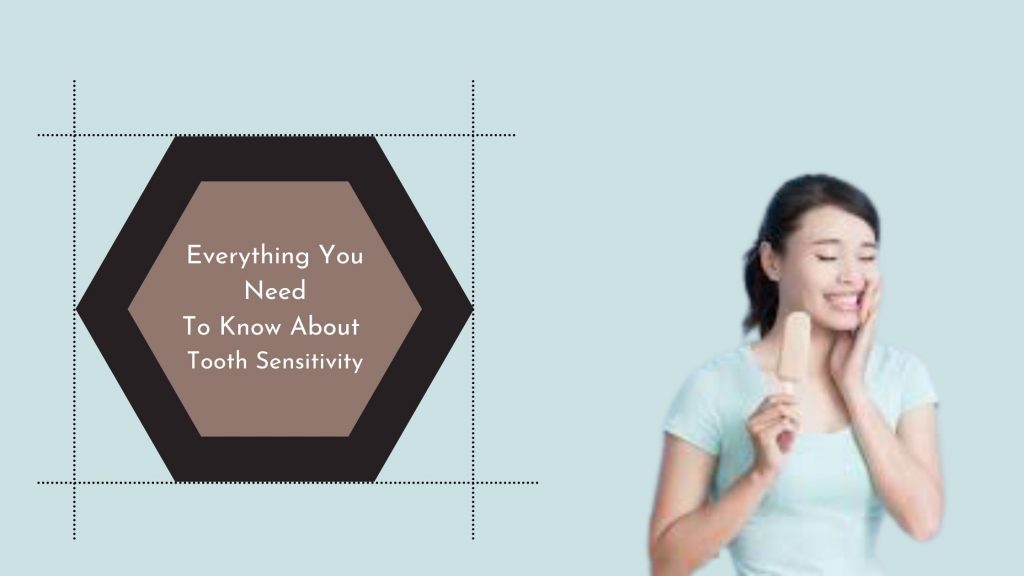
People suffering from tooth sensitivity often struggle to enjoy their favourite foods and drinks. While
brushing their teeth, dental patients live in constant fear of severe pain. Tooth sensitivity or dentin
hypersensitivity can occur in patients of all age groups. However, women are more prone to
developing this condition than men due to their constant hormonal changes and imbalance.
The crowns, or the part of the teeth above the gum line, are covered with a protective layer called
enamel. At the same time, the roots below your gum line are protected with a material known as
cementum. Underneath the enamel and cementum lies the dentin, which is less dense than these
protective coverings. The dentin contains microscopic canals called dentine tubules.
Due to poor oral hygiene, the enamel or cementum wears away or becomes damaged to expose the
dentine further. Dev’s Oral Care Dental Clinic notes that tooth sensitivity occurs when the underlying
layer of your teeth – the dentin gets exposed due to receding gum tissue (the protective blanket that
covers the tooth roots). The roots, which are not covered by hard enamel, contain thousands of tiny
tubules leading to the tooth’s nerve center (the pulp). These dentinal tubules allow the stimuli (hot,
cold, or sweet food) to reach the nerve in the tooth, which causes tooth sensitivity and pain.
Major factors that contribute to tooth sensitivity are gum recession and loss of cementum or loss of
enamel. Gum recession (gum moving down from the gum line, exposing the root dentin surface) can
be caused by loss of periodontal attachment due to periodontal disease or brushing too hard,
causing gum abrasion. On the other hand, loss of enamel occurs when the toothbrush abrades or
wears down the enamel surface, exposing the underlying dentin.
Enamel loss is more prominent when brushing occurs immediately before or after consuming acidic
foods (fruits, tomatoes) and drinks that cause tooth erosion.
If your tooth sensitivity is mild, over-the-counter medicines may offer immediate relief.
Our expert dentist in Pune recommends choosing toothpaste labeled as being specifically
manufactured for sensitive teeth. These toothpaste don’t contain irritating ingredients and may
have desensitizing ingredients that help ease the discomfort of the tooth’s nerve.
When it comes to mouthwash, choose an alcohol-free mouth rinse, as it will help relieve the
irritation of sensitive teeth.
Using softer toothbrushes and gently brushing your teeth may also help.
Note: These methods may require a week or two before you start observing the improvements. If
home treatments don’t work or worsens the pain, you can talk to your dentist about prescription
toothpaste and mouthwash. They may also apply fluoride gel or prescription-grade desensitizing
agents in-office for immediate relief. The dental treatment can help to strengthen the enamel and
protect your teeth from further decay and erosion.
Your tooth sensitivity is making it difficult to eat; talk to your dentist about finding a solution. There
are many kinds of toothpaste and mouthwashes designed for sensitive teeth available over the
counter.
If the solutions mentioned above aren’t effective, talk to our dentist about prescription toothpaste
and mouthwash. You should also make an immediate appointment with your dentist if you
experience symptoms of cavities or potential root damage so you can quickly recover from the
condition and prevent complications. The symptoms may include:
● Spontaneous tooth pain that occurs without an obvious cause
● Tooth sensitivity localized to one tooth
● Throbbing pain
● Stain on the surface of your teeth
● Pain while biting or chewing food
Get in touch with our expert professionals at Dev’s Oral Care Dental Clinic in Pune for all kinds of
dental solutions, care, and consultation.
